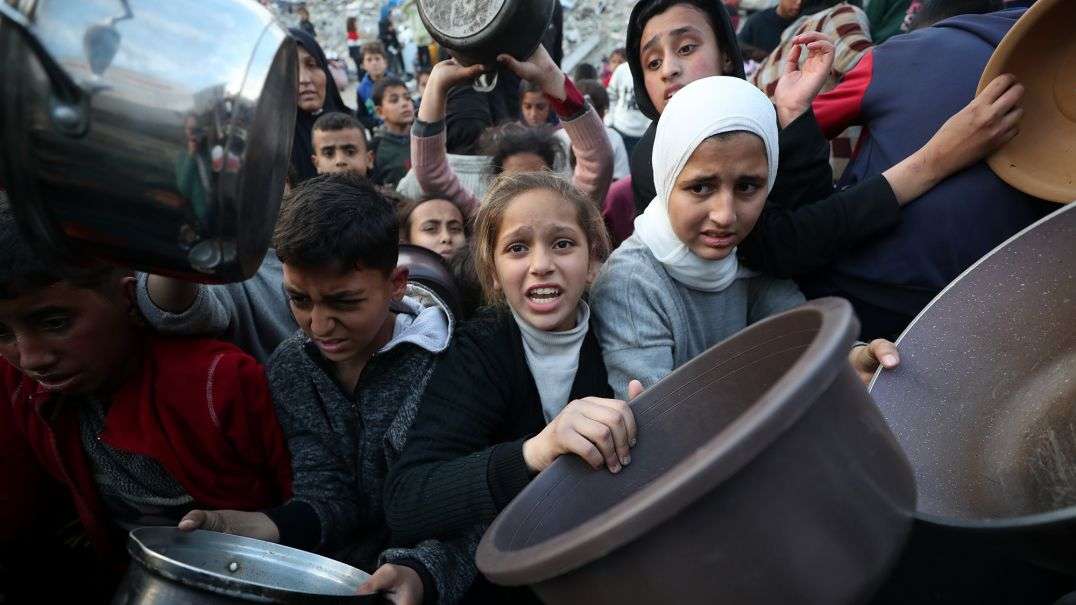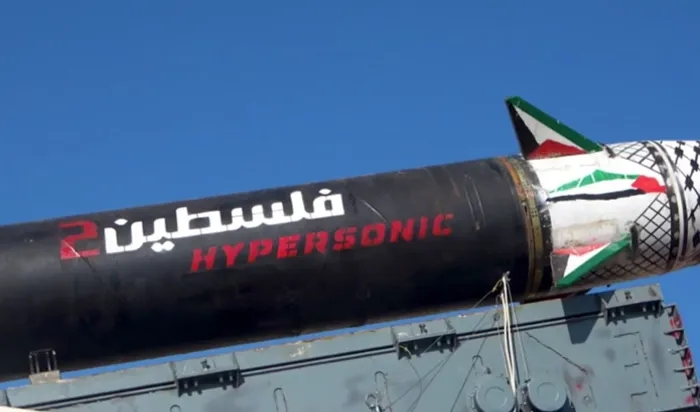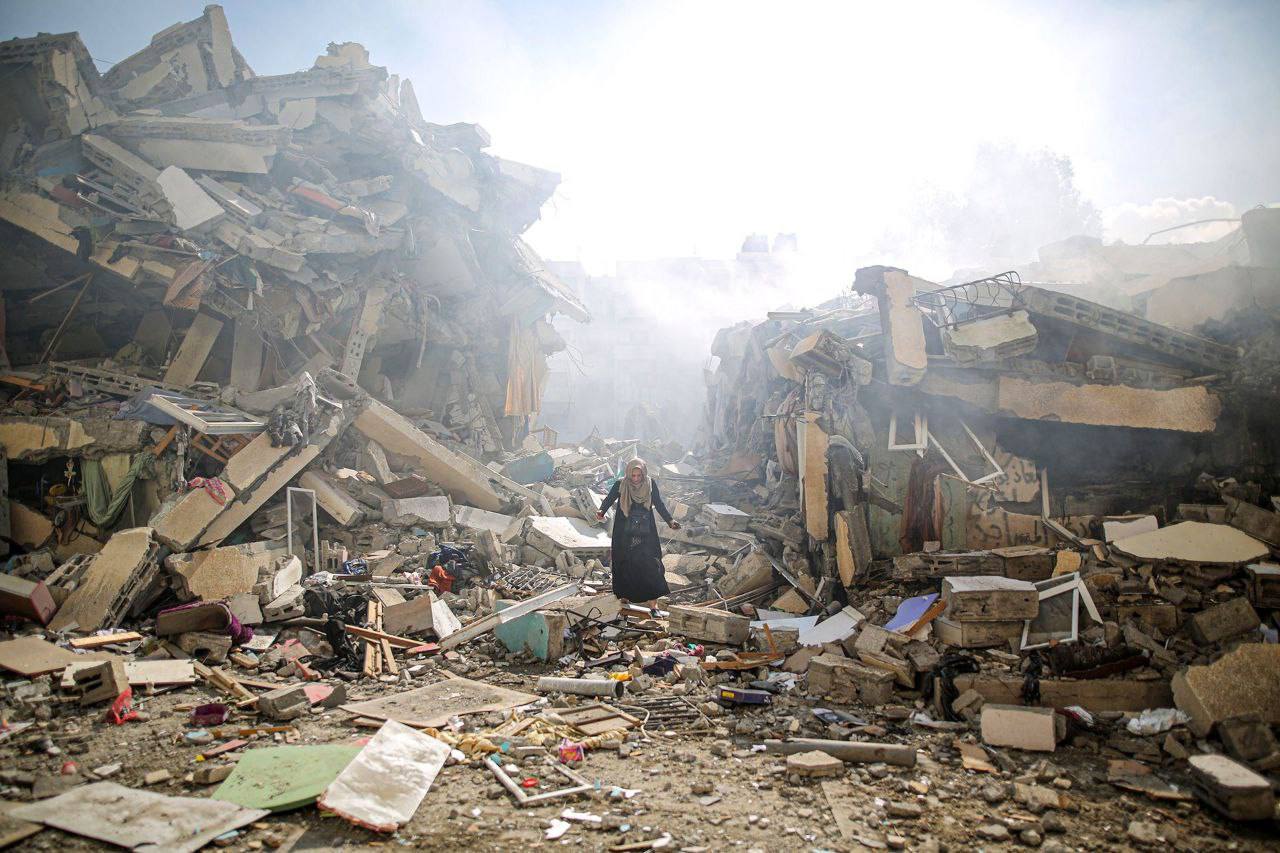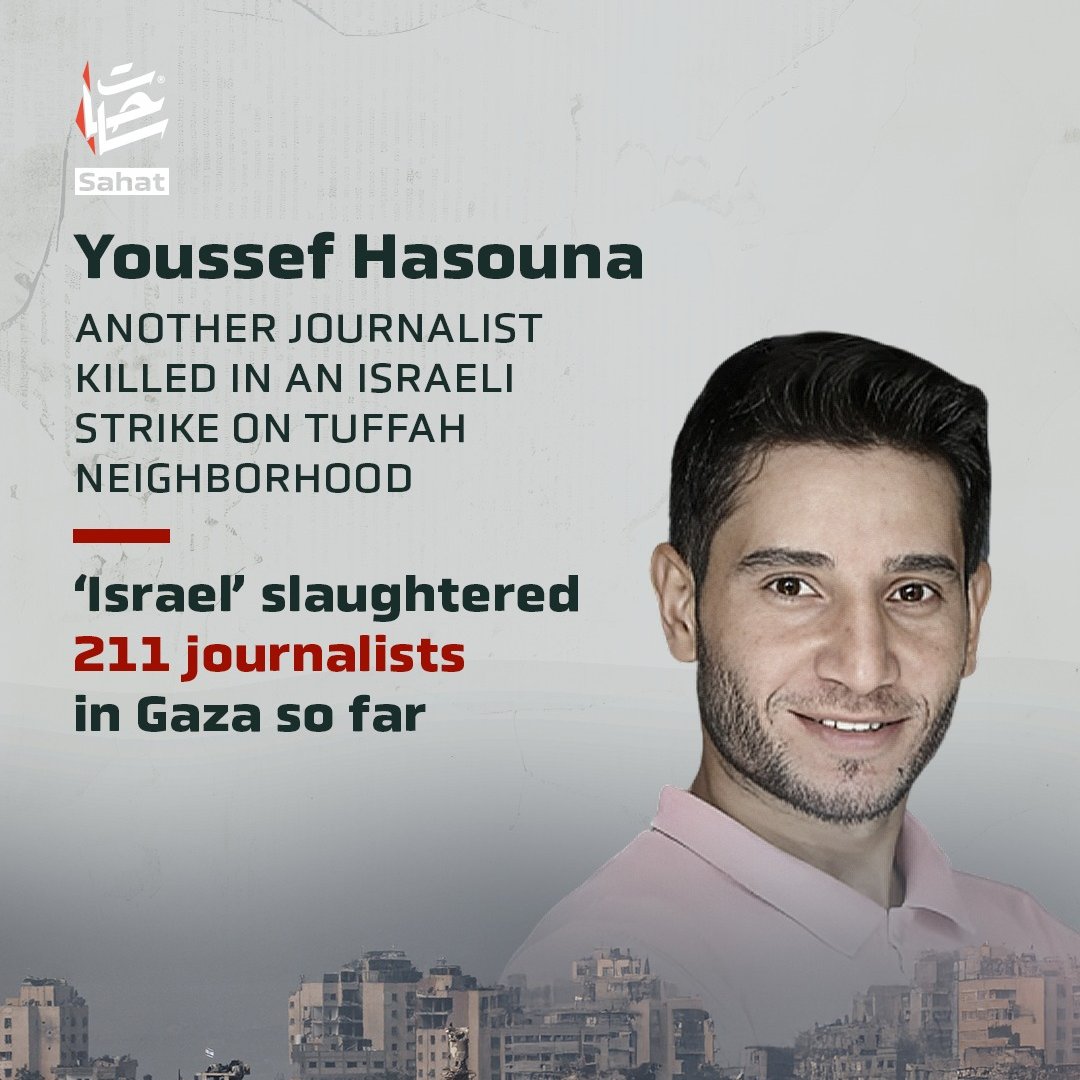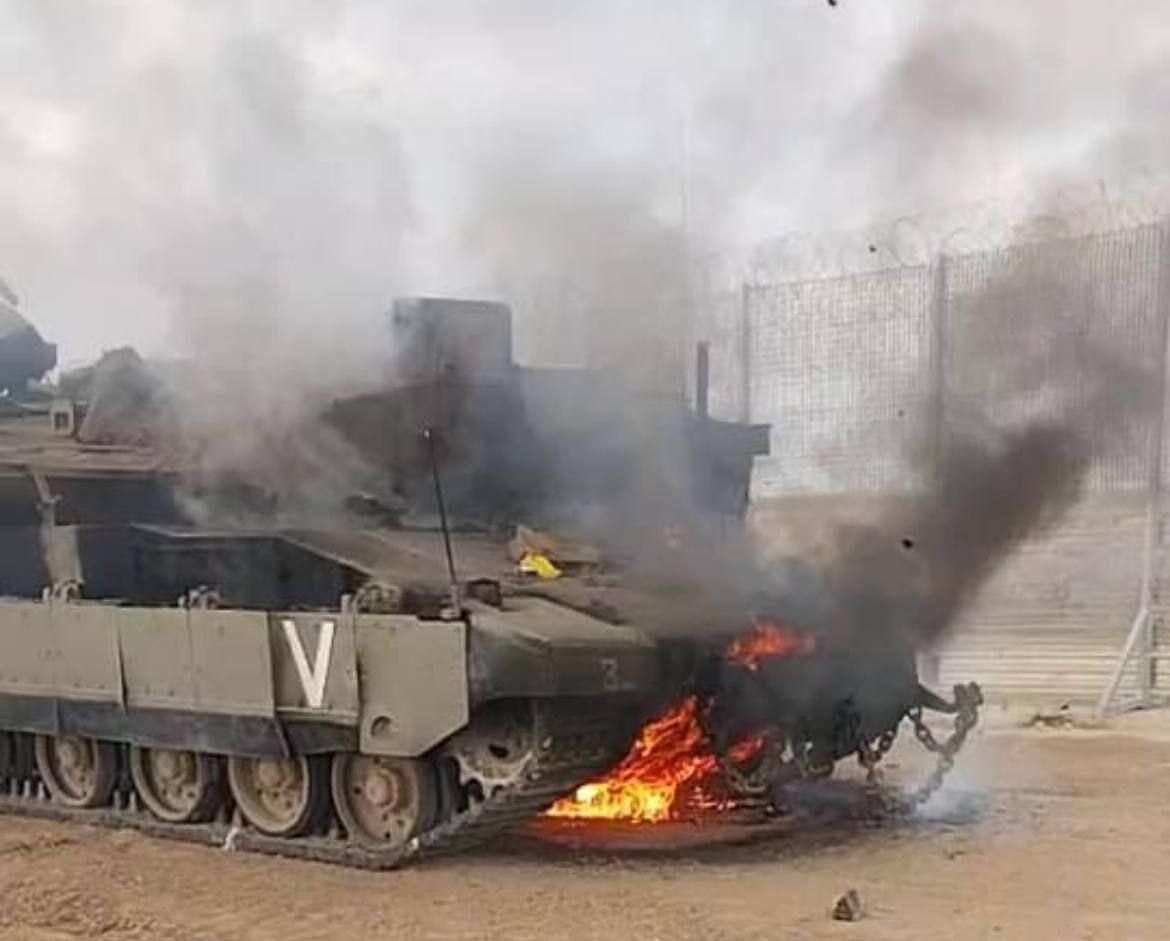
Israeli Prime Minister Benjamin Netanyahu’s claims he is close to achieving victory against Hamas and the resistance in the Gaza Strip. But this is a falsehood according to CNN, in partnership with the Critical Threats Project (CTP) of the American Enterprise Institute and the Institute for the Study of War. They conducted a full analyses of the military situation in Gaza and say Netanyahu’s claim is baseless.
In front of Congress and amidst warm applause on 24 July, Netanyahu said “victory [over Hamas] is on the horizon,” but analyses of the military operations carried out by the resistance since the start of the “Al-Aqsa Flood” on 7 October, 2023 tell a different story and cast heavy doubts on these claims.
The analysis, based on military data from the resistance and the Israeli army, field footage, and interviews with experts and eyewitnesses, found about half of the military battalions affiliated with Hamas, in the northern and central Gaza Strip, have rebuilt their combat capabilities, despite the ongoing Israeli war of extermination Gaza with its declared aim to eleminate Hamas and the Palestinian resistance.
The research shows Hamas succeeded in using contradictory resources on the ground effectively, as several of its units have returned to key areas, where the “army” claimed to have dismantled the resistance and ended its presence after fierce battles and intensive bombardment.
Brian Carter, director of the “Middle East File” at “CTP” and the person who led the joint research, confirmed the inaccuracy of the occupation’s claims, saying: “The Israelis say that they cleansed a place, but they did not do so completely, and they did not defeat these fighters at all.”
From Under The Rubble
The Al-Qassam Brigades, The military wing of Hamas, includes 24 battalions spread throughout the Gaza Strip. The analyses in which CNN participated focused on rebuilding 16 battalions in the northern and central parts of the Strip, where the longest battles fought against the Israeli army.
As to southern Gaza, the analyses excluded the battalions there, due to “incomplete data on the status of the remaining eight battalions,” noting accurate data and scenes broadcast by the resistance confirm its continued fighting and carrying out qualitative operations against Israeli forces.
Of the 16 battalions, seven in the northern part of the devastated Strip have been able to rebuild some of their military capabilities, at least once, during the past six months.
The evidence showed the return of the resistance’s military activity in major flashpoints. In the Jabalia camp in the north, Israel acknowledged that last May, it once again faced fierce resistance from three Hamas battalions, despite the fact that the area was destroyed by Israeli bombardment that lasted for about three months in the early days of the war last fall.
In the Zeitoun neighborhood in Gaza City, Israel carried out four incursions, according to analyses.
Field sources in northern Gaza told CNN Hamas members were overseeing the destroyed markets, and reusing burned buildings as sites for the resistance. One Palestinian confirmed to the network Hamas’s presence in the area was “stronger than you can imagine.”
On January 7, four months after the war broke out, the Israeli army announced it had “dismantled the Hamas command structure in northern Gaza.” Only days later, there were reports of attacks on Israeli patrols in the eastern parts of Gaza City.
In the weeks that followed, videos showed Hamas fighters emerging from the rubble, likely through the Strip’s sprawling tunnel network.
Commenting on this, Brian Carter of CTP said Hamas rebounded less than a week after the Israeli army withdrew from the northern Gaza Strip in January. This spread throughout the Strip and continued, he added.
“This [return to the north] was the decisive operation that Hamas’s brigades took,” Carter added.
“Israel in Gaza is like a marathon runner… but it doesn’t know where it’s going”
A senior Israeli officer, told CNN on condition of anonymity because he was not authorized to speak. He suggested Israel’s pursuit of Hamas everywhere in Gaza would take a very long time. “We will enter every place where Hamas raises its head,” the officer said. “Can this war go on forever? No. Our society is not prepared for this. The international community is not prepared for this either.”
In response, the officer likened Israeli military activity in the Gaza Strip to “a marathon runner who doesn’t know where the stadium is. He runs and doesn’t know if he’s going in the right direction.”
US Army Colonel Peter Mansoor, who helped oversee the deployment of 30,000 additional US troops to Iraq in 2007 in the strategy known as “The Surge” (which aims to “counter-insurgency”), said that “the fact that the Israelis are still in Gaza, trying to root out elements of Hamas’s brigades, shows that Netanyahu is wrong… Hamas’s ability to reconstitute its fighting forces has not diminished.”
“Qassam Brigades Draws Israeli Forces Into Fight”
In addition, a retired senior Israeli officer said that Hamas “began the recruitment process three or four months ago, and thousands have joined.” It is worth noting that the spokesman for the Qassam Brigades, Abu Obeida, revealed last month that the Brigades “managed to recruit thousands of new fighters during the war,” reassuring that their human capabilities were fine.
Meanwhile, the Qassam Brigades continue to drag Israeli forces into repeated cycles of fighting, as analyses have found.
The analyses indicated that the rebuilding process took place in two different ways, as some units of the Qassam Brigades reorganized their ranks, merging cells that had retreated in order to form effective combat battalions, while other units reactivated, recruited new fighters, and manufactured weapons.
This article is reprinted from Jo24 taken from Al Mayadeen Satellite Television

